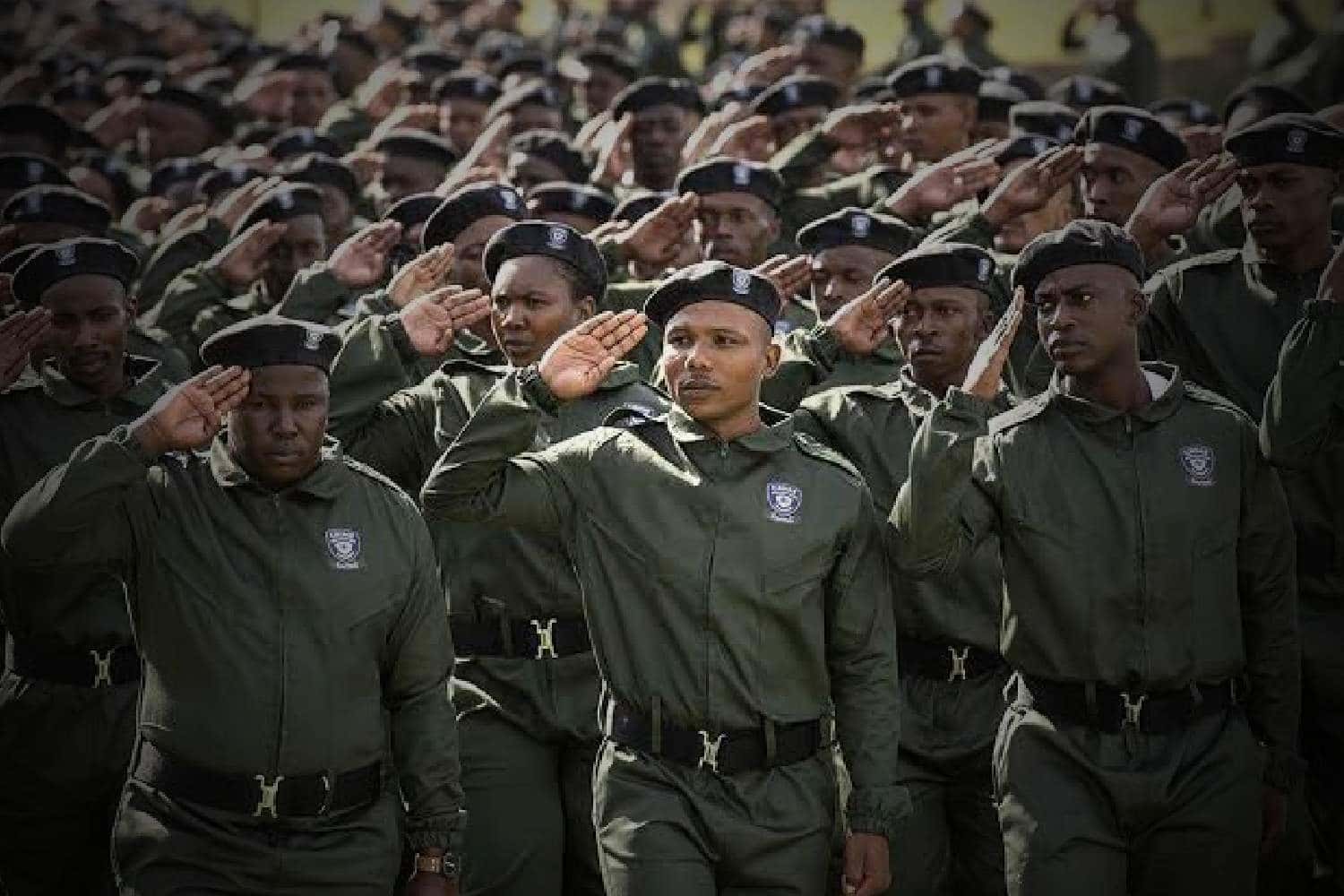The Gauteng provincial government has confirmed that its AmaPanyaza traffic wardens will be dissolved in their current form and absorbed into formal policing and security structures.
Premier Panyaza Lesufi made the announcement this week, ending months of legal disputes and criticism over the controversial unit’s legitimacy and cost to the public purse .
Launched in 2023 as part of Lesufi’s “war on crime”, the AmaPanyaza initiative — officially called the Crime Prevention Wardens — aimed to place thousands of young recruits in townships, informal settlements, and hostels to assist the police with patrols and crime prevention.
However, questions soon arose about whether the unit had been lawfully established, how it was funded, and whether its members were properly trained.
According to News24, Lesufi confirmed that the wardens will be retrained and reassigned to roles within Gauteng Traffic Police, municipal bylaw enforcement, and the province’s Special Law Enforcement Unit.
Those who do not meet the required standards will be placed in alternative government security roles after receiving further training.
The restructuring is expected to take between 18 and 36 months.
The cost of the AmaPanyaza programme has been a point of contention since its inception.
Opposition parties have estimated that the recruitment, training, and deployment of over 6,000 wardens has already cost taxpayers more than R600 million, with recurring monthly salaries and equipment expenses still being covered by the provincial budget.
ActionSA described the move to disband the unit as “a recognition of failure and a stark demonstration of mismanagement in the province’s approach to public safety” .
In a statement, ActionSA called for “a fully independent audit” of the programme to account for every rand spent.
The party demanded transparency around the number of wardens trained, their accreditation, the nature of their deployment, and how remaining funds would be used in the restructuring process.
While Lesufi has defended the decision, insisting that the redeployment will “professionalise” the force, critics argue the initiative was politically motivated and poorly executed from the start.
KwaZulu-Natal Police Commissioner Lieutenant-General Nhlanhla Mkhwanazi told Parliament earlier this month that the unit was “illegal” and not properly sanctioned under the South African Police Service Act.
Lesufi, however, maintains that the wardens were lawfully appointed under the Criminal Procedure Act and the National Road Traffic Act, and that the provincial government acted within its constitutional powers.
“We believe what they are doing is needed in our communities. We just must eliminate areas of deep concern – their training, their mandate, and their qualification,” he said.
